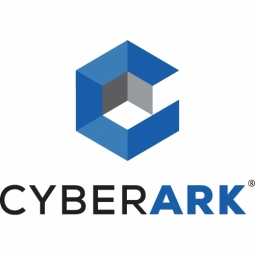CyberArk
Case Studies
Implementing Intelligent Privilege Controls: A Case Study on the Brazilian Judiciary and CyberArk
Overview
 |
Implementing Intelligent Privilege Controls: A Case Study on the Brazilian Judiciary and CyberArkCyberArk |
Cybersecurity & Privacy - Endpoint Security Cybersecurity & Privacy - Security Compliance | |
Education National Security & Defense | |
Quality Assurance | |
Cybersecurity Tamper Detection | |
Cybersecurity Services System Integration | |
Operational Impact
| The implementation of CyberArk's solutions has resulted in a more sophisticated security position for the Court of Justice, Amapá. The Court now has a consolidated, stable, and expert security plan in place, which has sped up the maturity of its cybersecurity posture. The solutions have also improved safeguards against ransomware attacks, which is particularly important as such attacks on Brazilian judiciaries increase. The Court's server and data safeguards are now fortified, keeping the entire organization up and running. Furthermore, the Court is now able to ensure scalable access within the Justice 4.0 security compliance mandates and has created identity-led security policies. The Court is also focusing on educating and involving its leaders on the importance of privileged access and identity management in today's vulnerable IT environments. | |
Quantitative Benefit
| Enabled privileged access control for 40 users | |
| Maintained security for 50 network services | |
| Managed approximately 1,300 workstations | |


